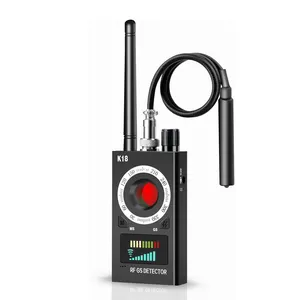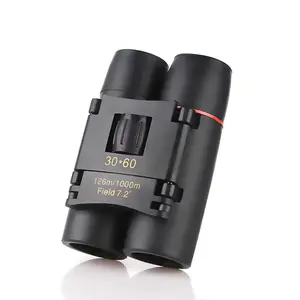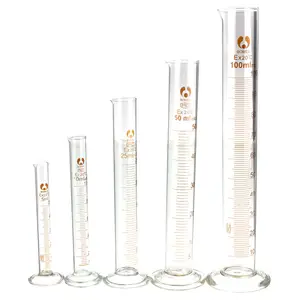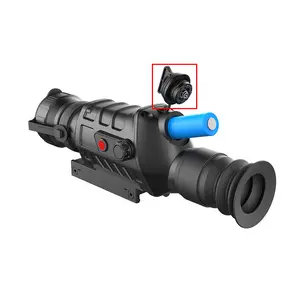Popular in your industry
















Related Searches:





















About laboratory extruder for ceramic
Introduction to Laboratory Extruders for Ceramic
Laboratory extruders for ceramic are specialized devices designed for the processing and testing of ceramic materials within a controlled, research-focused environment. These machines are essential for the development of new ceramic composites, allowing for precise control over the extrusion process. The laboratory setting provides a platform for experimentation with various ceramic formulations, leading to innovations in material science and engineering.
Types of Laboratory Extruders
The two primary types of laboratory extruders for ceramic are single screw and twin screw extruders. Single screw extruders are suitable for straightforward, less complex extrusion tasks. In contrast, twin screw extruders offer enhanced mixing, shearing, and kneading capabilities, which are critical for homogenizing the ceramic mixture before extrusion. The choice between these types depends on the specific requirements of the material and the desired outcome of the extrusion process.
Applications and Features
Laboratory extruders for ceramic are utilized in a variety of applications, from research and development to small-scale production. They are instrumental in creating test samples, which are then analyzed for properties such as tensile strength, durability, and thermal resistance. Features of these extruders include precise temperature control, customizable die shapes, and variable speed settings, all of which are crucial for achieving the desired characteristics in the final ceramic product.
Materials and Advantages
These extruders are capable of handling a range of ceramic materials, from traditional clay to advanced technical ceramics. The advantage of using a laboratory extruder for ceramic lies in its ability to produce consistent and repeatable results, which is vital for scientific research and quality control. Additionally, the adaptability of these machines allows for the exploration of new material combinations, pushing the boundaries of ceramic applications.
Choosing the Right Laboratory Extruder
Selecting the appropriate laboratory extruder for ceramic requires consideration of several factors, including the material's properties, the desired extrusion capacity, and the specific research objectives. It is important to assess the compatibility of the extruder with the ceramic materials in use and to ensure that the machine's output rates align with the project's scale. While twin screw extruders may offer higher efficiency, single screw extruders can be entirely adequate for certain research scenarios.
Conclusion
Laboratory extruders for ceramic are integral to the advancement of ceramic material science. Alibaba.com serves as a comprehensive source for these sophisticated tools, catering to the diverse needs of the scientific community. By facilitating connections between suppliers and buyers, the platform supports the ongoing pursuit of innovation in the field of ceramics.


















